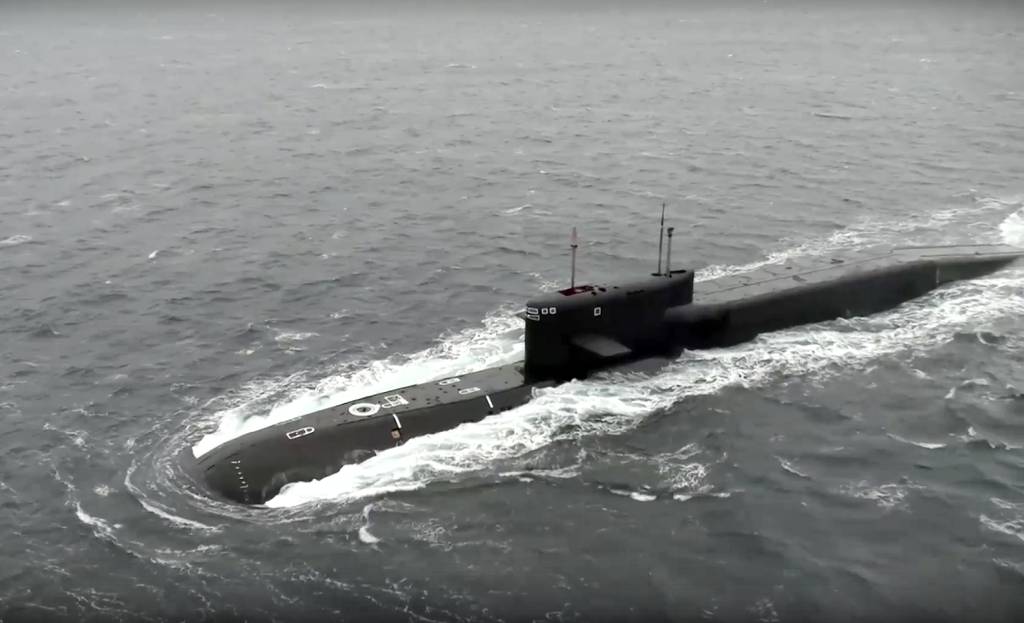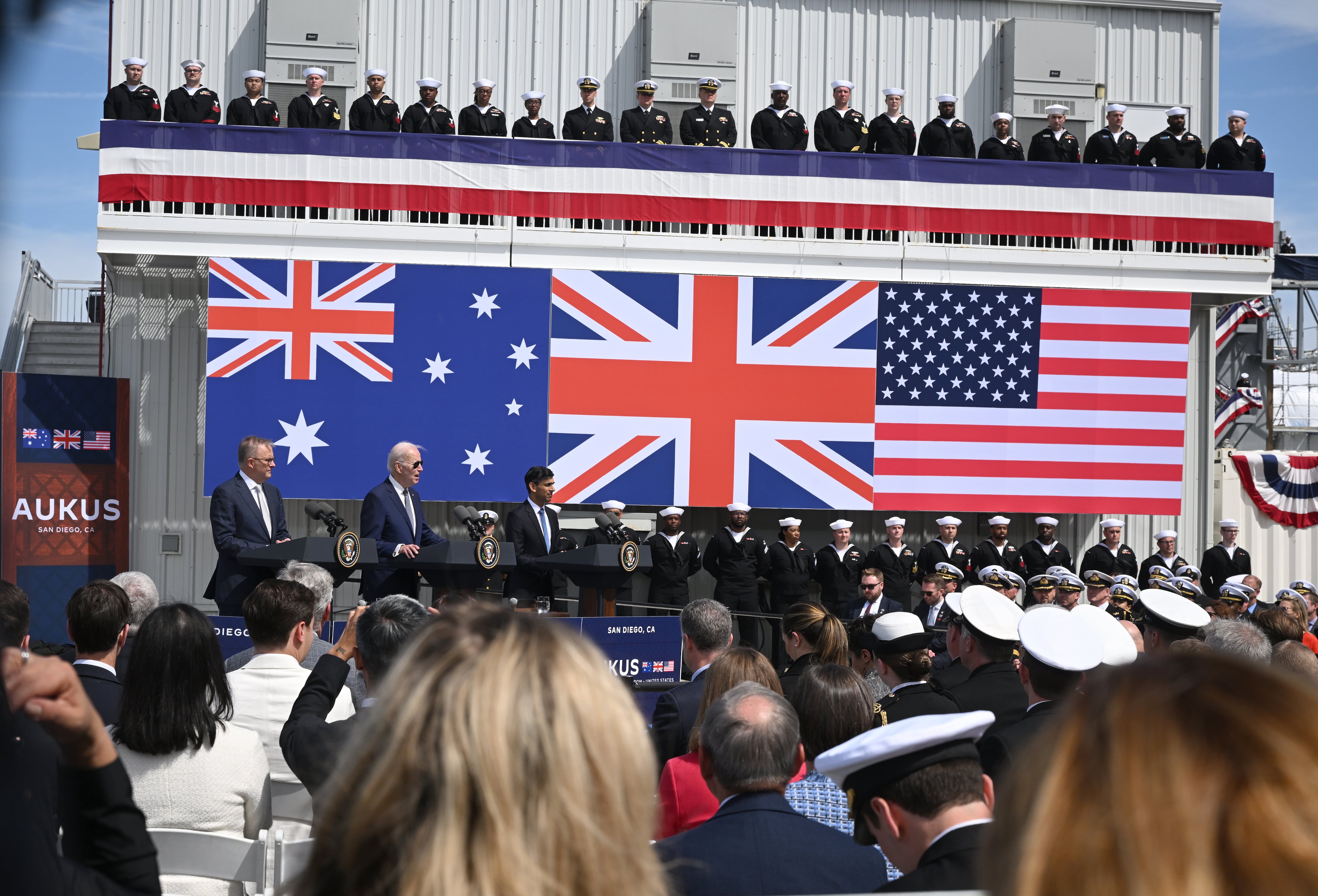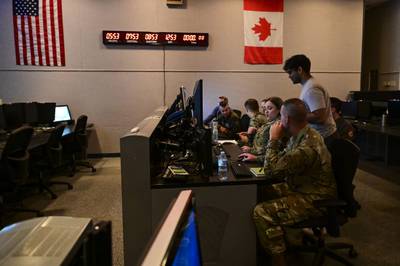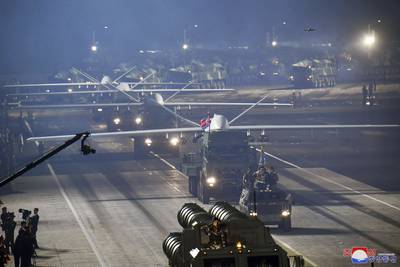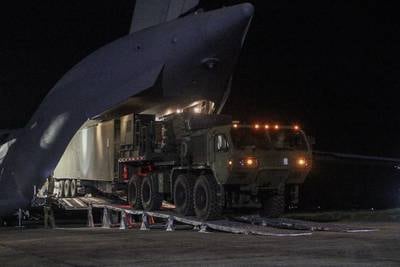MOSCOW — Russia this year will likely step up its presence in the Barents Sea and the Atlantic Ocean while lengthening its submarine deployments, according to a new Norwegian intelligence report.
The Norwegian Intelligence Service released its annual report on Feb. 13, in which it noted that Russia is increasingly turning to its Northern Fleet to provide regional deterrence.
“The Northern Fleet’s naval forces will continue to carry out routine fleet exercises, longer submarine patrols in the Barents Sea and submarine operations in the Atlantic Ocean. The supply of new silent multi-role submarines increase the fleet’s capacity in the Norwegian Sea and the Atlantic Ocean,” the report stated.
The Northern Fleet is made up of 26 submarines, 10 surface combatant ships, 16 patrol and coastal vessels, eight mine warfare/mine countermeasure ships, and eight amphibious platforms, plus fighter jets, anti-submarine aircraft and air defense systems, according to the 2023 Military Balance report by the International Institute for Strategic Studies.
The Russian Defence Ministry says the fleet has six ballistic missile submarines in service, and one is under repair while three more are under construction. There are also four cruise missile submarines, plus three under construction, per the ministry.
Pavel Luzin, a visiting scholar of the Russia and Eurasia Program at Tufts University, said Russia is completely rethinking its maritime approach amid bids by Sweden and Finland to join NATO.
“The Baltic Fleet generally loses all meaning, and Moscow on the contrary will try to strengthen the Northern Fleet and will look for ways to asymmetrically respond to NATO,” Luzin told Defense News.
As for the Northern Fleet’s aircraft inventory, it will likely retain its numbers and conduct activities as usual, the Norwegian report read. Meanwhile, with Russia’s strategic bombers focused on the invasion of Ukraine, Norway will likely see less of those aircraft near its sovereign territory, the report stated.
In October 2022, media reports cited satellite photos showing seven Tu-160 and four Tu-95 aircraft at the Olenegorsk air base, about 100 miles from the border with Norway.
“Because the importance of nuclear weapons and strategic deterrence forces is increasing, the Northern Fleet’s defense of the military bases on Kola, the northern bastion and the Barents Sea will also become more important,” the agency wrote.
In a Feb. 16 update to the report, the agency explained it does not foresee any change in the way Russia is arming the Northern Fleet’s surface ships.
Luzin noted that if Russia does kick off an effort to arm additional Northern Fleet vessels with nuclear weapons, it would do so with the introduction of new Borei-class and Yasen-class submarines, and with the battlecruiser Admiral Nakhimov after it returns from repairs.
Maxim Starchak is a Russia correspondent for Defense News. He previously worked as an editor for the Russian Defence Ministry and as an expert for the NATO Information Office in Moscow. He has covered Russian nuclear and defense issues for the Atlantic Council, the Center for European Policy Analysis, the Royal United Services Institute and more.
